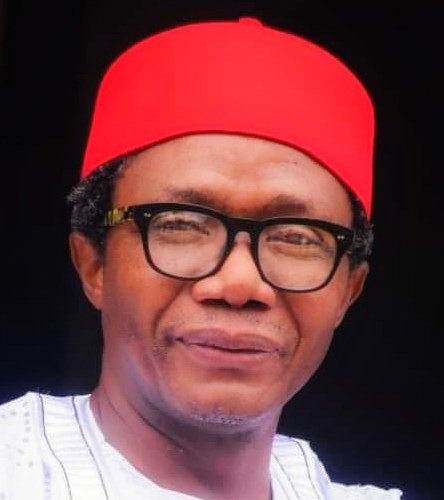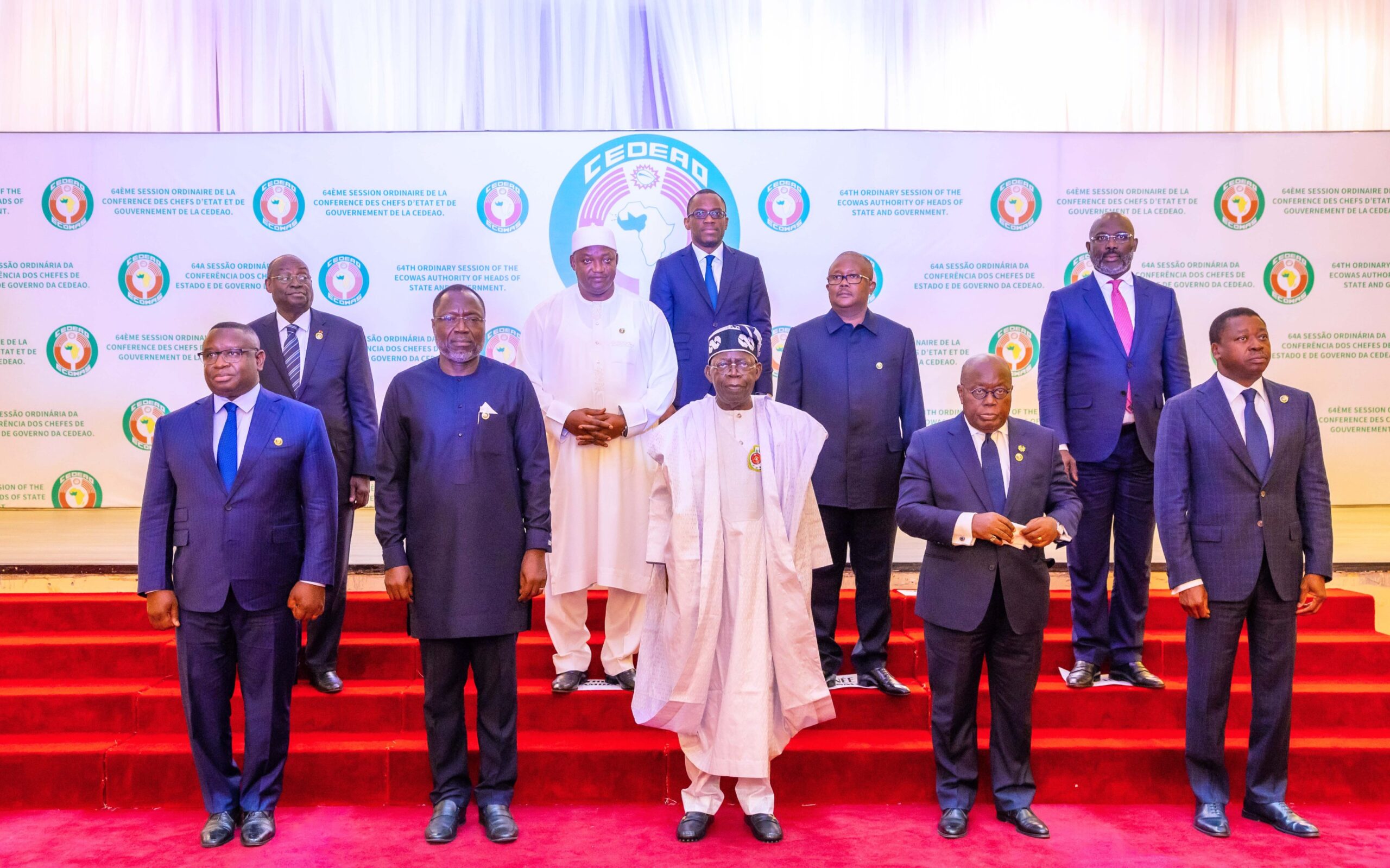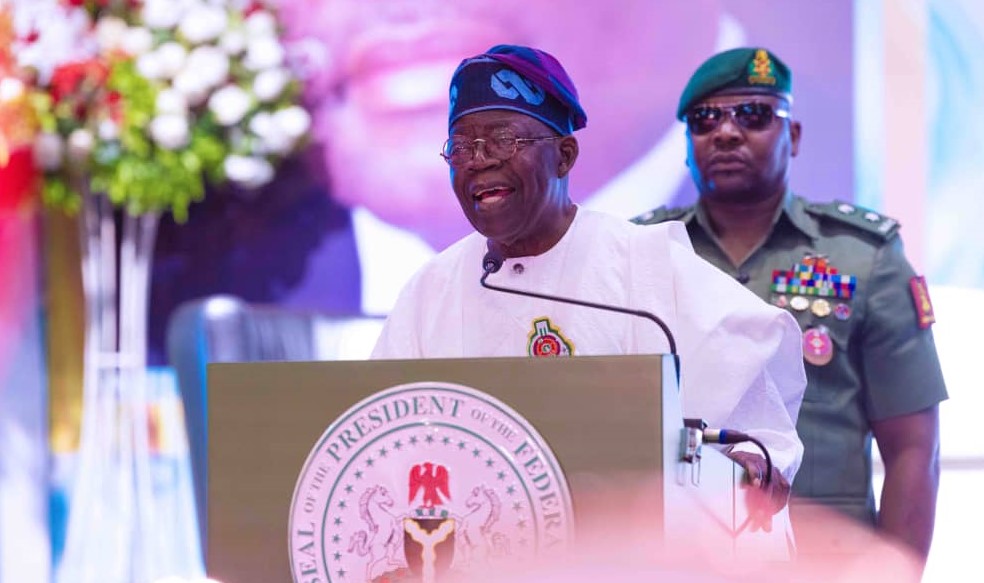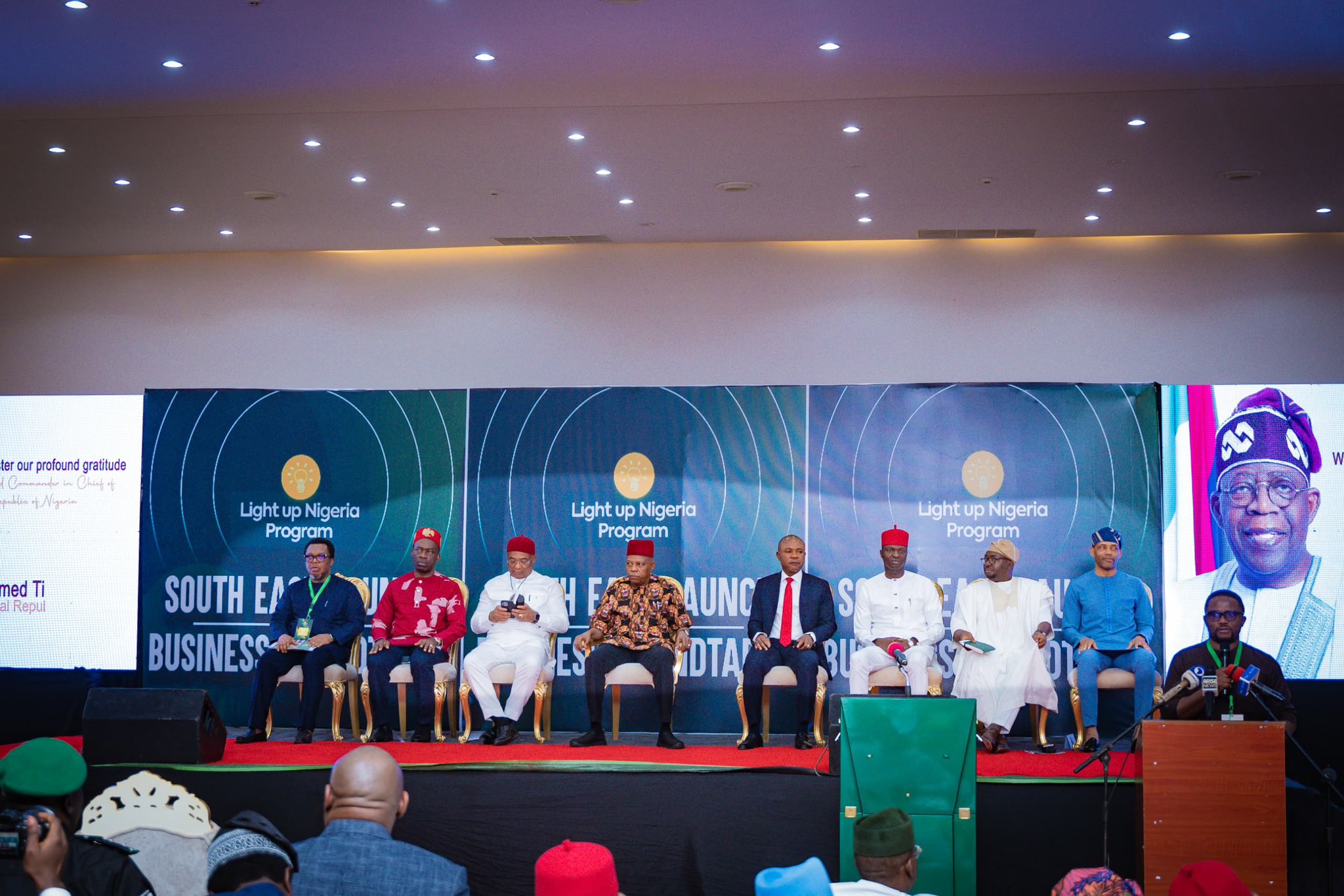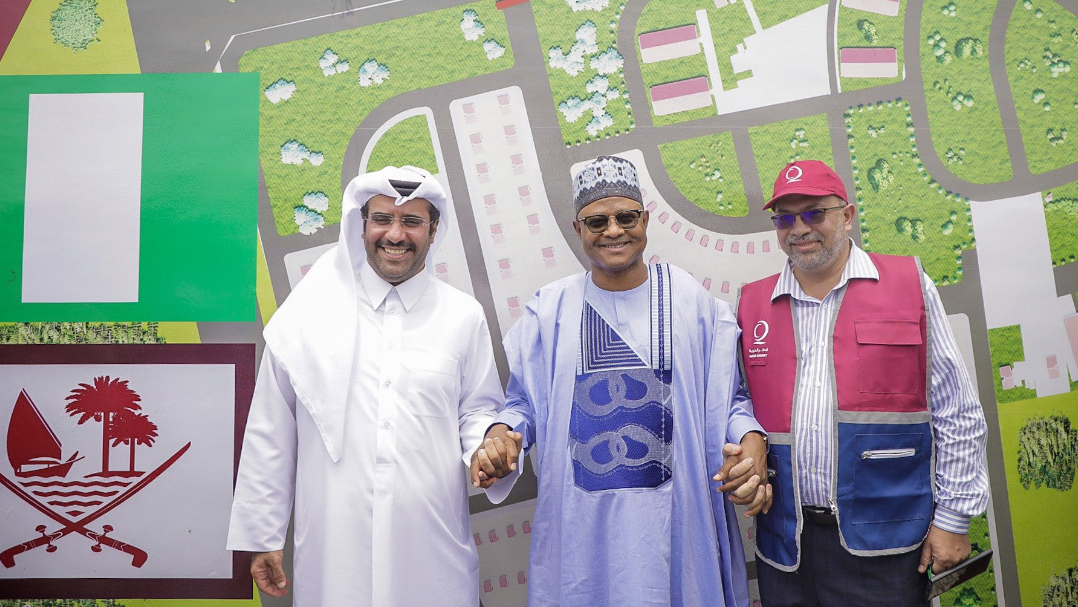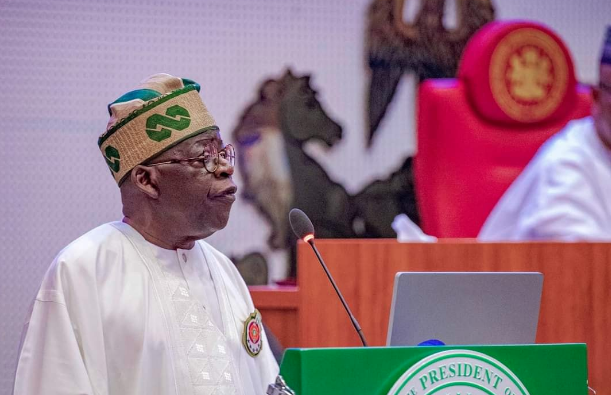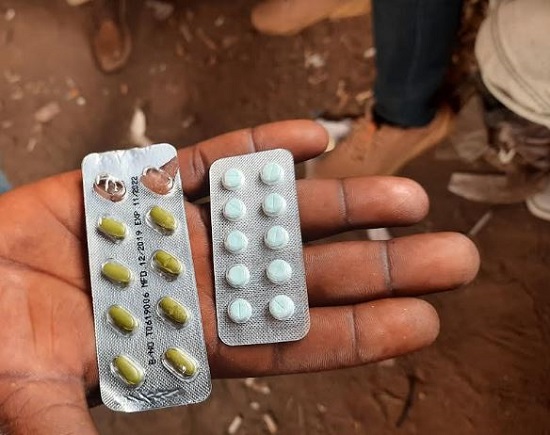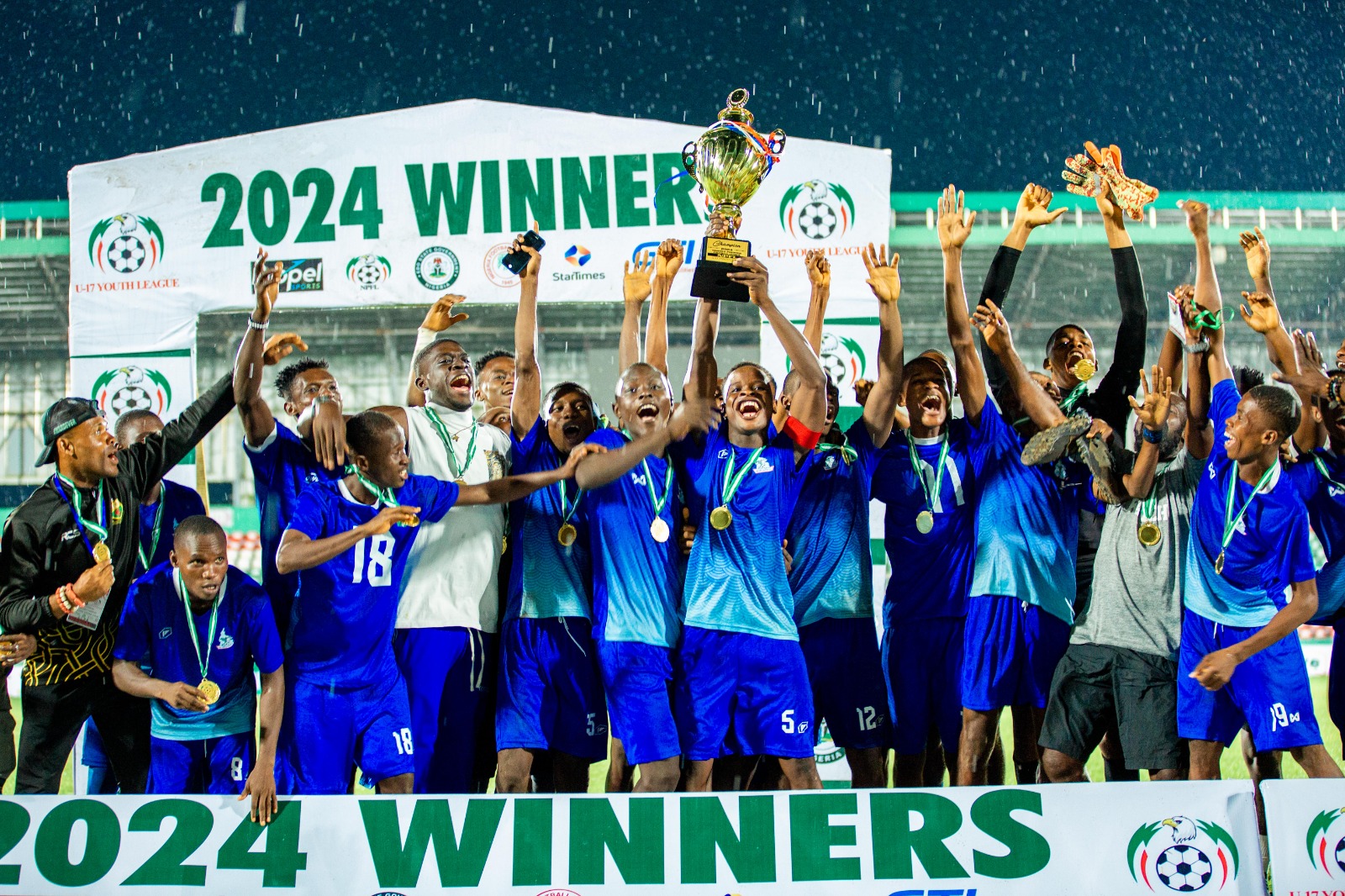The rapprochement of the Economic Commission of West African States (ECOWAS) with the three countries that recently quit the regional body, namely Niger, Mali, and Burkina Faso, is such a welcome development. But many more rivers to cross before the conflict in the 15-member sub-continental body will be over.
Nigeria’s President Bola Ahmed Tinubu hardly took over as the ECOWAS chairman before he was greeted by the military coup in Niger and later by the exit of the three countries. The validity of Tinubu’s election as president of Nigeria was still at the presidential election petition court (PEPC) at that time. So, the president was not even settled into his role as the president of the most populous black nation, let alone had a firm grip on the chairmanship of ECOWAS at the time of the Nigerien coup, which was quickly followed by the three countries’ exit.
Now, President Tinubu is settled in both roles and can fairly face the challenges with a finer frame of mind. This is evident from his meeting with General Yakubu Gowon, the former head of state of Nigeria and an ECOWAS founding father, who advised that steps be taken to bring back the three departing countries, beginning with the lifting of sanctions imposed on them by the commission as a consequence of the illegal changes in their governments.
Gowon’s wise counsel was heeded and sanctions were lifted. For example, the electricity supply to Niger by Nigeria has been restored and similar bilateral and multilateral agreements between the three countries and the rest of ECOWAS have been similarly restored. All that is left is for those nations to reciprocate, which would mean coming back into the fold and giving up on the notion of creating a loose confederation to compete with ECOWAS. When and how this will occur is still unknown.
Advertisement
Remember that the three nations accused ECOWAS in a joint statement of violating ECOWAS founding values, becoming a menace to its members, and being “under the influence of foreign powers”. The three nations additionally charged that the regional organisation was imposing “illegal, illegitimate, inhumane and irresponsible sanctions” on them while failing to assist them in their battle against “terrorism and insecurity.”
The three intransigent states of ECOWAS, announced their withdrawal from the Commission with immediate effect on January 28, 2024, sparking a massive diplomatic crisis at the centre of the organisation. Numerous responses have been elicited around the region by the rupture. Mali and Burkina Faso formally filed their departure from the ECOWAS on January 29. Niger followed on January 30.
Burkina Faso, Mali, and Niger—all of which are currently under military rule and were sanctioned by ECOWAS—announced the formation of a military bloc known as the Alliance of Sahel States (AoSS, or AES in French) as a direct result of their exit from the organisation. If high-wired diplomacy is unsuccessful in reversing it, then all chances of a diplomatic cohabitation between the three governments and the remaining 12 ECOWAS members would be irreversibly destroyed. The consequences will be dire on all sides.
Advertisement
Therefore, before the Commission and West Africa may experience calm once more, there are still many diplomatic maneuvers to be engaged. In their joint press release announcing their departure, the three nations brought out certain issues that urgently require attention.
Furthermore, the ECOWAS mediations have not been able to reach even a minimally sustainable agreement regarding the timeline for Niger, Mali, and Burkina Faso to return to constitutional order. Perhaps the reconciliation difficulty would not have been as great if the mediators had been able to agree on the goal of the transitions and if the AoSS had never been implemented.
One concern is that Gowon and the other founding fathers’ intervention might have come too late in the game. The likelihood of the three countries coming back has decreased because they have advanced far from the fold but not at all impossible.
It is instructive to note that 17 million residents of the recently established AoSS are somewhat happy, many of whom claim that ECOWAS has been torturing them for too long. In other words, to many of their citizens, the Alliance of States of the Sahel was forced to leave because they believed they were betrayed.
Advertisement
Nonetheless, the fact that these Sahelian republics must cohabit with the other ECOWAS countries raises grave concerns. For example, Nigeria and Niger that have grown into Siamese twins will suffer greatly if they split apart. It is imperative that this division not occur for the strategic survival of the ECOWAS nations.
This is the main justification for why additional work needs to be done to restore the three nations to the ECOWAS family.
Since military incursion into governance is the issue, to stop military return in West Africa, the Commission should take advantage of this rare chance to confront the issues leading to the military’s interventions in the West African nations. If not, the return of the three countries to ECOWAS will amount to two things: papering over the cracks and acquiescing to military rule.
Military rule is still unacceptable, but only after taking into account the justifications offered by the three nations during their joint press conference to withdraw. Among their claims, two things jump out: betrayal of the founding fathers of ECOWAS’s dreams and the Commission’s kowtowing to foreign interests at the expense of West Africans.
Advertisement
Although quite serious, these claims are not ambiguous. Stated differently, the West African region remains underdeveloped and incapable of providing its oppressed population with the benefits of democracy, and ECOWAS has failed to fulfill its core goals. The central thesis of these claims is that democracy is a type of government that needs to be safeguarded, yet it hasn’t produced development, and can’t stand up to foreign dominance.
Therefore, for ECOWAS to benefit from the current crisis, the Commission needs to take a second look at how democracy has been implemented throughout the region and help to forge an agreement on the essential conditions that will ensure that democracy is administered fairly and can simultaneously yield development and democratic dividends. Among the matters to be addressed and strictly enforced are the processes for the free and fair election and term of office of the ECOWAS nations’ presidents.
Advertisement
If not, there will be coups in West Africa and possibly throughout Africa, so the major concerns facing ECOWAS should not only be bringing the three countries back but rather focusing on the fundamentals of democracy and development.
Dr Law Mefor, an Abuja-based forensic and social psychologist, is a fellow of The Abuja School of Social and Political Thoughts. He can be reached via [email protected]; Twitter: @Drlawsonmefor
Advertisement
Views expressed by contributors are strictly personal and not of TheCable.
Add a comment
